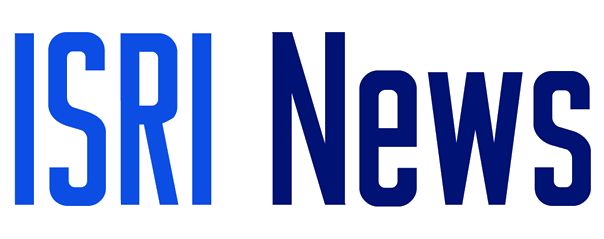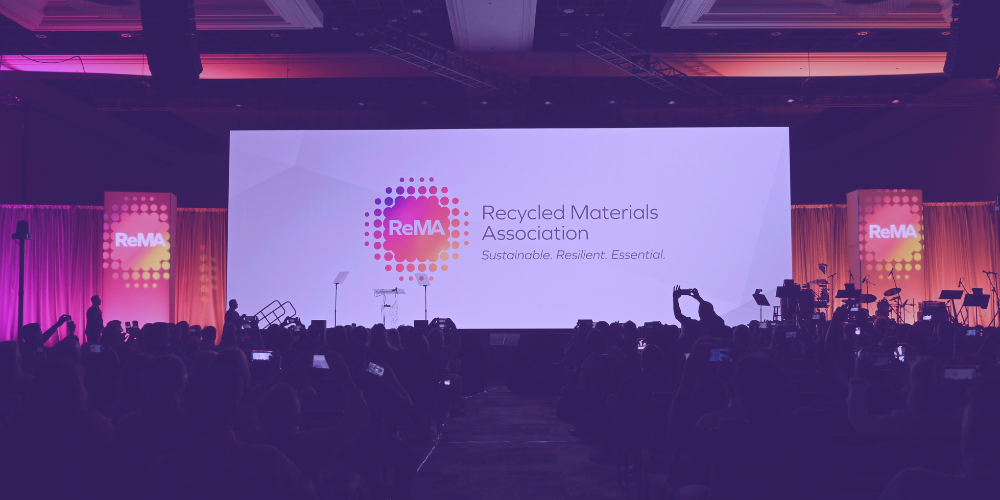The following article is from the session OSHA Update at ISRI2021. Many of the programs available in ISRI2021 will remain available to convention registrants through May 20 on demand. The exhibit hall will remain open during that time as well.
As January launched the start of a new year and new U.S. president in the White House, recyclers can expect several changes and updates from the Occupational Safety and Health Administration (OSHA). During the ISRI2021 session OSHA Update, Ryan Nolte, ISRI’s director of safety outreach, discussed updated OSHA legislation, compliance directives, letters of interpretation, and trends in enforcement under the new administration. He reviewed where the agency focused its efforts in the past year and the new directives it will target moving forward.
2021 OSHA Updates
On Jan. 15, 2021, OSHA increased maximum penalties by 11.82%. Serious violation max penalty is now $13,653, failure to abate is $13,654 per day beyond abatement date, willful or repeated violation is $136,532 per violation. Directives and emphasis programs affecting recyclers include hazardous machinery, specifically targeting amputations. ISRI anticipates all amputations will receive attention. From 2015 to 2019, amputations were the second highest reported severe injury by recyclers. Facilities are required to contact OSHA about amputations and most likely an inspection will follow.

Site-Specific Targeting
OSHA enforcement agencies will allocate resources to the highest rates of injuries and illnesses in either specific locations or industries that meet the criteria. They do allow a records only inspection to occur, so if a site was selected erroneously that didn’t demonstrate an increase, inspectors can do a records only inspection to see the facility’s written programs, training records, and any documents to demonstrate hazard safety assessments or job safety analysis.
ISRI expects MRFs and recyclers will be targeted by the new administration. Though both industries experienced downward trends in the last few years for total recordable incident rates and day away restricted and transfer rates, they are still above the national average. When comparing OSHA enforcement in the Biden administration to the Trump and Obama administrations, ISRI anticipates there will be more enforcement from the current administration. In the last month, OSHA enforcement of NAICS Codes 42393 (Scrap Recyclers) and 52692 (MRFs) have increase significantly.
Though it’s not a new directive, Nolte highlighted OSHA’s whistleblower protection program. OSHA enforces whistleblower protection under 20 statues for any labor or environmental issue. Recently, the program added two additional statues: the antitrust and anti-money laundering statues. If any indiscretions or violations are reported it protects employees from retaliation.
COVID-19 Updates
On Jan. 21, President Biden submitted an executive order directing OSHA to release new guidance to employers on protecting workers from COVID-19. In response, on March 12, OSHA launched a national emphasis program focusing efforts on companies with the largest number of workers at serious risk of contracting the virus.
California, Michigan, and Oregon engaged emergency temporary standards, giving OSHA direct and specific guidance when investigating a workplace for COVID-19. Virginia recently passed a permanent standard, directed specifically at pandemics. It will remain in place for future outbreaks. There is currently no national standard directing states what to do, though it is likely Virginia will serve as the model. There are congressional hearings scheduled to move this forward in the coming weeks.
On Jan. 14, OSHA listed over $4 million in fines to workplaces for failing to protect workers from COVID-19. OSHA recommends implementing prevention measures including hazard assessment of workplace—like any assessment but specifically targeting the coronavirus. Employers need to have a combination of protections in place to limit the spread of the virus, including staggered shifts with fewer people, ensuring workers are separated during lunches and breaks, and sanitizing locker rooms and cafeterias.
Embedded Photo caption: During the ISRI2021 session, OSHA Update, Ryan Nolte, ISRI’s director of safety outreach, discussed where OSHA focused its effort in the past year and the new directives it will target moving forward.
Additional Resources













